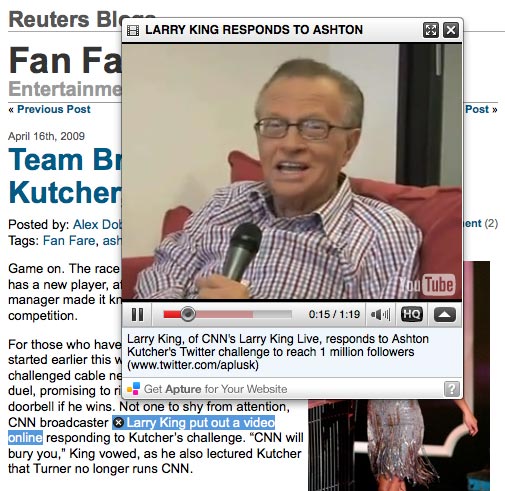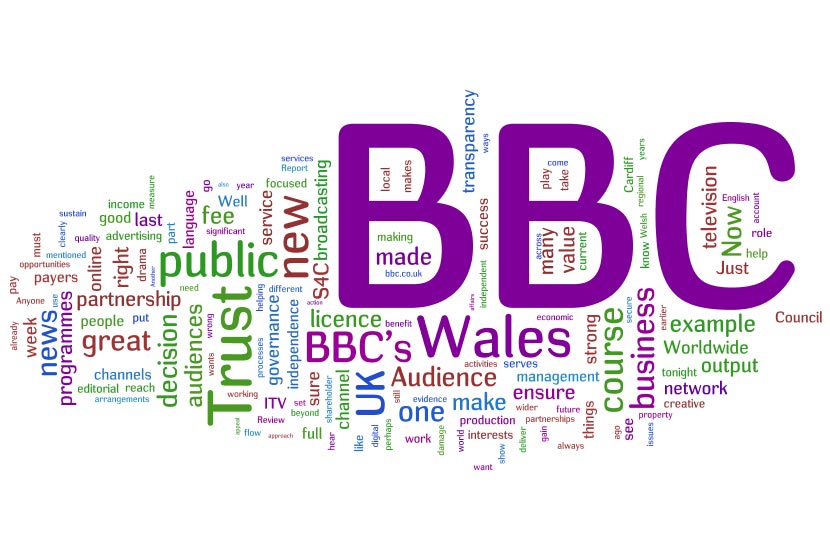Two questions being repeatedly raised at today’s Society of Editors (SoE) conference:
- stop talking about the nationals, how can regional media get in on the digital act?
- what to do about the BBC – or the ‘boa constrictor’ as Mail Online’s editorial director Martin Clarke called the corporation.
Guardian Media Group chief executive Carolyn McCall told delegates that there is a model for the local press, focusing on hyperlocal.
“There will be models that emerge: investing in SEO, local press have to do that. There’s an opportunity for local press to go very local and build revenue around this. There are models, but it will have to be off a very different cost base,” said McCall.
She went on to describe Channel M – the television offshoot of the Manchester Evening News – as ‘a good model’ for local media that could be replicated in the future.
The business risks associated with online and sustainable digital business models, she added, need to be shared regionally and locally.
Regional media will have to take ‘a real hit’ on their bottom line when it comes to online to if they are to maintain standards of quality journalism, she added.
Malcolm Pheby, editor of the Nottingham Evening Post, took up the regional press’ baton in explaining how the NEP had successfully integrated its newsroom with staff now trained to treat all news stories as rolling news to be broken on the web.
But the pervading theme of the day has been the opposition from regional newspapers to the BBC’s proposed local video plans.
Pete Clifton, head of multimedia for the Beeb, did his best to defend criticisms of the plans, saying that the proposals are subject to assessments by the BBC Trust and suggesting that the BBC could forge stronger relationships with other news providers.
Still it was comments from McCall and Clarke, whose affiliate Northcliffe added its voice to the debate today, that received impromptu applause.
According to both, the BBC’s plans present unfair competition to the local press
Cue videojournalism evangelist and consultant Michael Rosenblum, who promised to teach the audience how to beat the BBC at its own game. Key to this he said is embracing technology, in particular video, wholeheartedly and not incrementally.
In response to a question from a Rotherham newspaper publisher, which currently has no video on its website, Rosenblum said there was a demand for the content and the potential for partnerships with regional broadcasters like ITV local.


